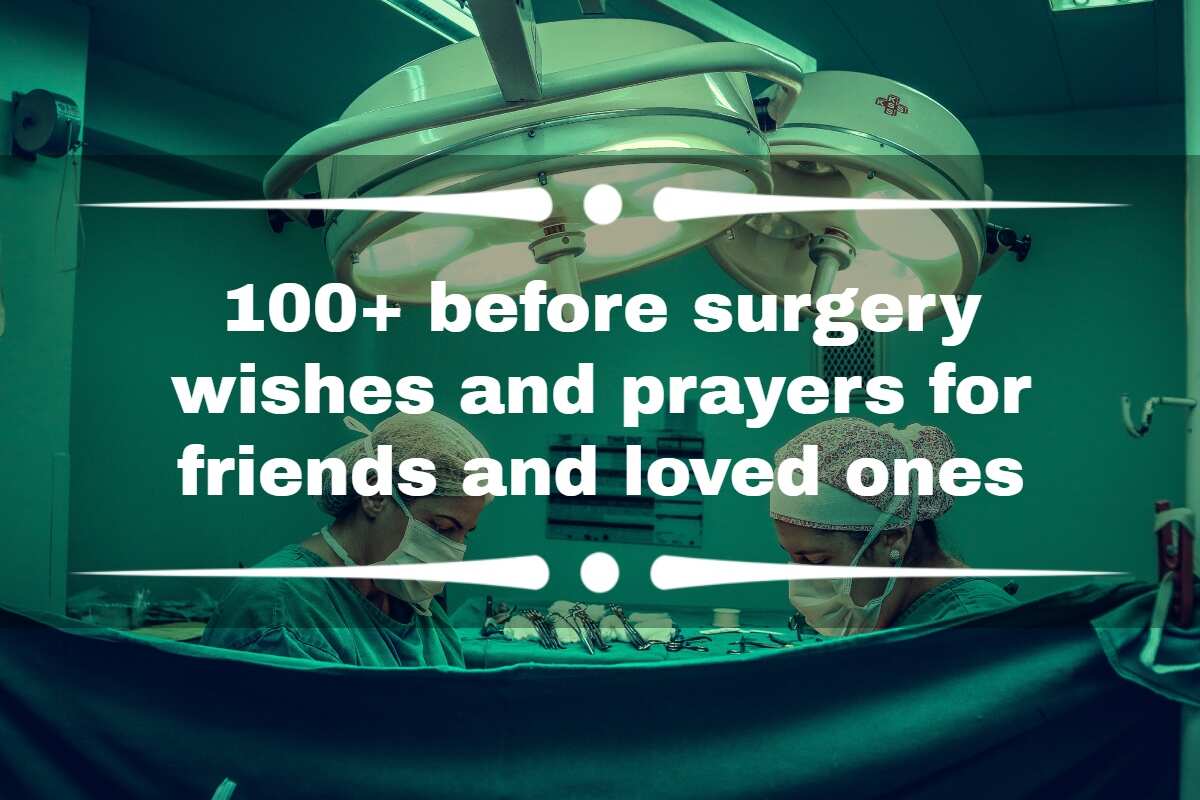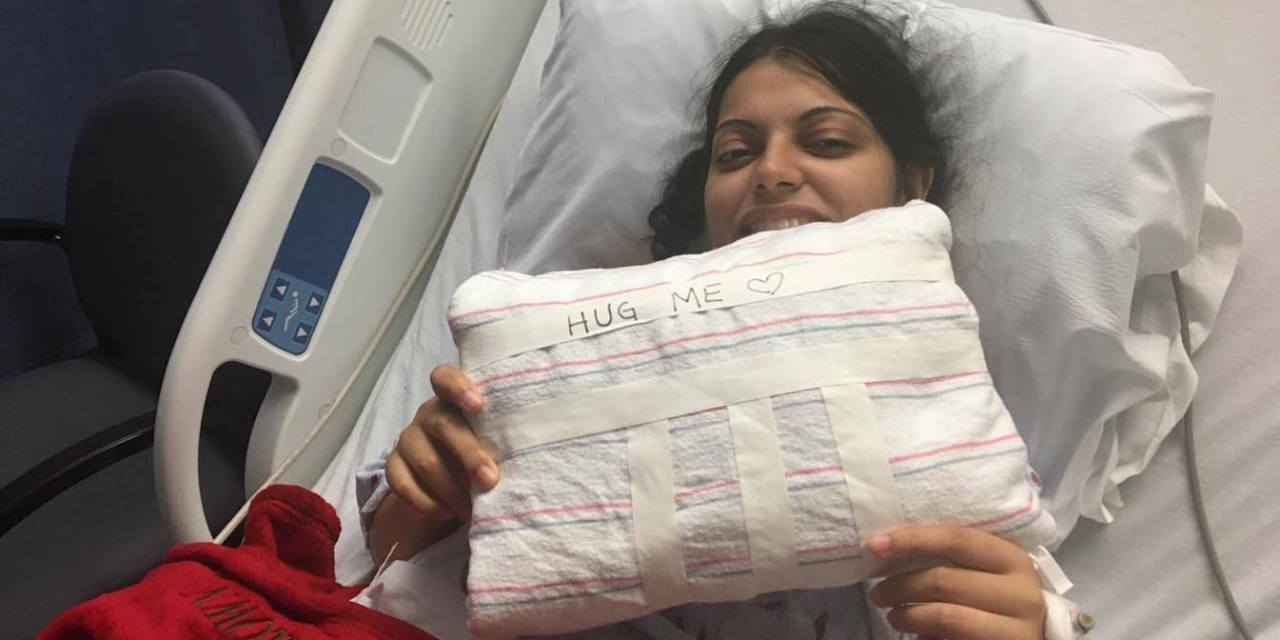What I Wish I Knew Before Open Heart Surgery: Navigating the world of open heart surgery can be daunting, filled with a mix of anticipation, anxiety, and a desire for knowledge. It’s a journey that requires a deep understanding of the process, potential challenges, and the steps you can take to prepare for both the surgery and recovery. This guide aims to provide insights into the things I wish I knew before undergoing open heart surgery, helping you navigate this significant event with greater confidence and clarity.
From pre-surgery preparation and the surgical experience itself to post-surgery life and common concerns, this comprehensive overview explores the key aspects of open heart surgery, offering valuable information and guidance for those embarking on this journey. Whether you’re a patient preparing for surgery, a loved one seeking support, or simply curious about this complex medical procedure, this guide provides a roadmap for understanding the intricacies of open heart surgery.
The Surgical Experience

Open heart surgery is a complex procedure that involves stopping the heart and using a heart-lung machine to keep the body oxygenated while the surgeon repairs the heart. The procedure is typically performed under general anesthesia, and it can be a daunting experience for patients and their families. This section will delve into the details of the surgical experience, covering the steps involved, potential risks, the role of the surgical team, and the post-surgery recovery process.
The Surgical Procedure
Open heart surgery is a major procedure that requires a skilled surgical team and specialized equipment. The procedure typically involves the following steps:
- Anesthesia: General anesthesia is administered to the patient, rendering them unconscious and pain-free during the procedure.
- Incision: A large incision is made in the chest, usually along the breastbone (sternum). This incision allows the surgeon to access the heart and surrounding structures.
- Heart-Lung Machine: The heart is stopped, and a heart-lung machine is used to take over the functions of the heart and lungs, providing oxygenated blood to the body.
- Repair: The surgeon repairs the heart defect, using techniques such as bypass surgery, valve replacement, or repair of a weakened heart muscle.
- Closure: The incision is closed with sutures or staples, and a chest tube is inserted to drain any excess fluid.
Potential Risks and Complications
Open heart surgery is a major procedure, and like any surgery, there are potential risks and complications. Some of the most common risks include:
- Bleeding: Bleeding is a common complication after any surgery, and it can be more significant after open heart surgery due to the extensive incision and manipulation of the heart.
- Infection: Any surgery carries a risk of infection, and open heart surgery is no exception. Infection can occur at the incision site or in the chest cavity.
- Stroke: Stroke is a serious complication that can occur during or after open heart surgery. It can be caused by a blood clot that travels to the brain.
- Arrhythmia: Irregular heartbeat or arrhythmia can occur during or after open heart surgery. This can be caused by damage to the heart muscle or by the medications used during the procedure.
- Kidney failure: Open heart surgery can put stress on the kidneys, and in some cases, it can lead to kidney failure.
The Surgical Team
Open heart surgery requires a team of highly skilled professionals, including:
- Cardiothoracic Surgeon: The surgeon is responsible for performing the heart surgery.
- Anesthesiologist: The anesthesiologist administers anesthesia and monitors the patient’s vital signs during the procedure.
- Cardiovascular Perfusionist: The perfusionist operates the heart-lung machine, ensuring that the patient’s body receives adequate oxygenated blood.
- Nurses: Nurses play a crucial role in providing care to the patient before, during, and after surgery.
- Other specialists: Other specialists, such as respiratory therapists, pharmacists, and physical therapists, may also be involved in the patient’s care.
Communication During the Procedure
Clear communication is essential during open heart surgery. The surgical team communicates with each other and with the patient’s family throughout the procedure. This communication helps ensure that the surgery is performed safely and effectively.
Post-Surgery Recovery
The recovery process after open heart surgery can be challenging, but with proper care and support, most patients make a full recovery. The following steps are involved in post-surgery recovery:
- Pain management: Pain medication is prescribed to manage pain after surgery.
- Medication: Patients are typically prescribed medications to prevent infection, blood clots, and other complications.
- Physical therapy: Physical therapy helps patients regain strength and mobility after surgery. It includes exercises to improve breathing, range of motion, and cardiovascular function.
- Emotional and psychological support: Open heart surgery can be a stressful and emotional experience. Patients may experience anxiety, fear, and depression. It is important to have a support system in place to help them cope with these emotions.
Managing the Emotional and Psychological Aspects of Recovery
Open heart surgery can be a life-changing experience. It can be challenging to cope with the physical and emotional changes that occur during recovery. Here are some tips for managing the emotional and psychological aspects of recovery:
- Talk to someone: Share your feelings with loved ones, friends, or a therapist. Talking about your experiences can help you process your emotions and feel less alone.
- Join a support group: Connecting with others who have undergone open heart surgery can provide valuable insights and support.
- Practice relaxation techniques: Techniques such as deep breathing, meditation, or yoga can help reduce stress and anxiety.
- Be patient with yourself: Recovery takes time, and it is important to be patient with yourself. Don’t expect to return to your previous level of activity immediately.
- Celebrate your progress: As you make progress in your recovery, celebrate your achievements. This can help boost your morale and motivation.
Post-Surgery Life

Open heart surgery is a significant event that requires a period of recovery and ongoing management. It’s crucial to understand the changes you’ll experience and the steps you can take to optimize your health and well-being in the long term.
Follow-up Appointments and Monitoring
Following your open heart surgery, regular follow-up appointments with your healthcare team are essential. These appointments allow your doctors to monitor your progress, assess your recovery, and address any concerns you may have. During these visits, your healthcare provider will:
- Review your medical history and medications
- Check your vital signs, including blood pressure, heart rate, and temperature
- Conduct physical examinations to evaluate your healing and overall health
- Order and interpret laboratory tests, such as blood work and imaging studies
- Adjust your medications as needed
- Provide guidance and support for your recovery
Medication Management
Medication plays a vital role in managing your heart health after open heart surgery. Your doctor will prescribe a personalized regimen to address your specific needs, which may include:
- Blood thinners: To prevent blood clots from forming in your heart or blood vessels
- Beta-blockers: To slow your heart rate and lower blood pressure
- ACE inhibitors or ARBs: To relax blood vessels and improve blood flow
- Diuretics: To reduce fluid retention and lower blood pressure
- Statins: To lower cholesterol levels
It’s crucial to take your medications as prescribed, even if you feel well. Skipping doses or stopping medications prematurely can increase your risk of complications.
Lifestyle Modifications
Lifestyle modifications can significantly improve your cardiovascular health and reduce your risk of future heart problems. These changes can be challenging but are essential for your long-term well-being.
Diet
A heart-healthy diet is crucial for maintaining a healthy weight and reducing your risk of heart disease. Focus on:
- Fruits and vegetables: Rich in vitamins, minerals, and fiber
- Whole grains: Provide complex carbohydrates, fiber, and nutrients
- Lean protein: From sources like fish, poultry, beans, and lentils
- Healthy fats: Found in olive oil, avocados, nuts, and seeds
- Low-fat dairy products: Provide calcium and vitamin D
Exercise
Regular physical activity is essential for cardiovascular health. Aim for at least 30 minutes of moderate-intensity exercise most days of the week. Examples include:
- Brisk walking
- Swimming
- Cycling
- Dancing
Stress Management
Stress can negatively impact your heart health. Find healthy ways to manage stress, such as:
- Deep breathing exercises
- Meditation
- Yoga
- Spending time in nature
- Engaging in hobbies you enjoy
Impact on Daily Life, What i wish i knew before open heart surgery
Open heart surgery can impact various aspects of your daily life, including:
Work
Returning to work after open heart surgery depends on your job’s demands and your recovery progress. Your doctor will advise you on when it’s safe to return to work.
Relationships
Open heart surgery can be emotionally and physically challenging, which may impact your relationships with loved ones. It’s essential to communicate openly with your family and friends about your needs and limitations.
Activities
You may need to adjust your activities and hobbies after surgery. Your doctor will guide you on what activities are safe and when you can resume them.
Resources and Support Groups
Several resources and support groups are available for individuals recovering from open heart surgery. These resources can provide information, support, and guidance during your recovery journey.
- American Heart Association (AHA): Offers educational materials, support groups, and online resources for heart health
- The Heart Foundation: Provides information, resources, and support for heart patients and their families
- Local hospitals and cardiac rehabilitation centers: Offer support groups and programs for patients recovering from open heart surgery
Common Concerns and Questions

Open heart surgery is a significant medical procedure that can understandably raise many questions and concerns. This section will address some of the most common inquiries regarding pain management, returning to work, sexual health, mental well-being, and available resources.
Pain Management and Long-Term Pain
Managing pain after open heart surgery is a crucial aspect of recovery. While most patients experience significant pain relief within a few weeks, some may experience lingering discomfort or even chronic pain.
It is important to discuss any pain concerns with your healthcare team, who can provide appropriate pain management strategies.
- Pain medication: You will likely be prescribed pain medication after surgery. This can include oral medications, intravenous pain relievers, and even nerve blocks in some cases.
- Physical therapy: Physical therapy can help strengthen muscles, improve range of motion, and reduce pain.
- Lifestyle modifications: Making changes to your lifestyle, such as quitting smoking, maintaining a healthy weight, and managing stress, can also contribute to pain reduction.
Returning to Work
Returning to work after open heart surgery is a gradual process that varies depending on the type of surgery, your overall health, and the demands of your job.
It is essential to discuss your return to work plans with your surgeon and cardiologist.
- Gradual reintegration: Start with a phased return to work, gradually increasing your hours and responsibilities.
- Light duties: Initially, you may need to perform lighter duties or work from home if possible.
- Accommodation: Your employer may be able to provide reasonable accommodations to assist with your recovery.
Sexual Health and Intimacy
Open heart surgery can affect sexual health and intimacy, but these concerns are often temporary and can be addressed.
It is important to discuss any sexual concerns with your doctor, who can provide guidance and reassurance.
- Physical limitations: In the immediate post-operative period, you may experience fatigue, pain, and decreased stamina.
- Medication side effects: Some medications can impact sexual desire or function.
- Emotional factors: Anxiety, depression, and body image concerns can also affect sexual intimacy.
Managing Anxiety and Depression
It is common to experience anxiety and depression after open heart surgery, due to the physical and emotional challenges of recovery.
Open communication with your healthcare team is essential for managing these mental health challenges.
- Therapy: Cognitive behavioral therapy (CBT) can be effective in addressing anxiety and depression.
- Support groups: Connecting with others who have undergone open heart surgery can provide emotional support and understanding.
- Medications: In some cases, medication may be prescribed to manage anxiety or depression.
Resources and Support Groups
Numerous resources and support groups are available to help individuals navigate the challenges of recovery after open heart surgery.
- American Heart Association (AHA): The AHA provides information, resources, and support for heart patients and their families.
- Mended Hearts: This organization offers support groups and educational programs for heart patients and their loved ones.
- The Heart Foundation: This organization provides information on heart health, including resources for heart surgery patients.
Open heart surgery is a major undertaking, but with the right knowledge, preparation, and support, it’s possible to navigate this journey with greater confidence and resilience. Remember that communication with your healthcare team is crucial, and don’t hesitate to ask questions, voice your concerns, and seek support from loved ones. While the road to recovery may have its challenges, the knowledge and insights gained through this guide can empower you to take control of your health and well-being, ultimately leading to a brighter future.
Clarifying Questions: What I Wish I Knew Before Open Heart Surgery
What are the most common types of open heart surgery?
Common types include coronary artery bypass surgery (CABG), valve repair or replacement, and heart transplant.
How long is the recovery process after open heart surgery?
Recovery time varies depending on the procedure and individual health. It can range from several weeks to months.
What are the long-term effects of open heart surgery?
Long-term effects can include fatigue, pain, and limitations in physical activity. However, most patients experience significant improvement in their heart health.
Is it safe to travel after open heart surgery?
It’s important to discuss travel plans with your doctor. Travel restrictions may apply, and it’s essential to take precautions.
Where can I find support groups for people recovering from open heart surgery?
You can find support groups through hospitals, cardiac rehabilitation programs, and online communities.






